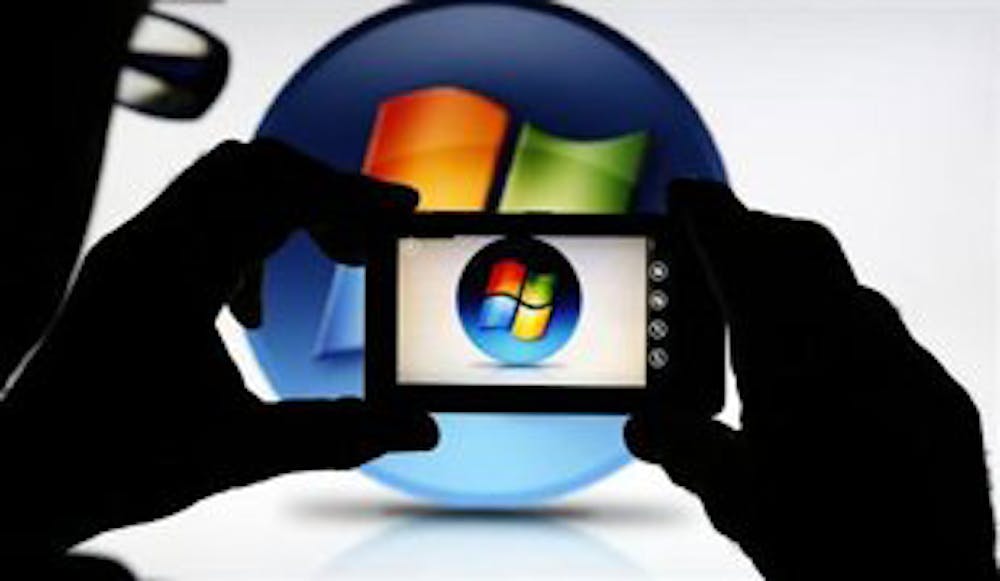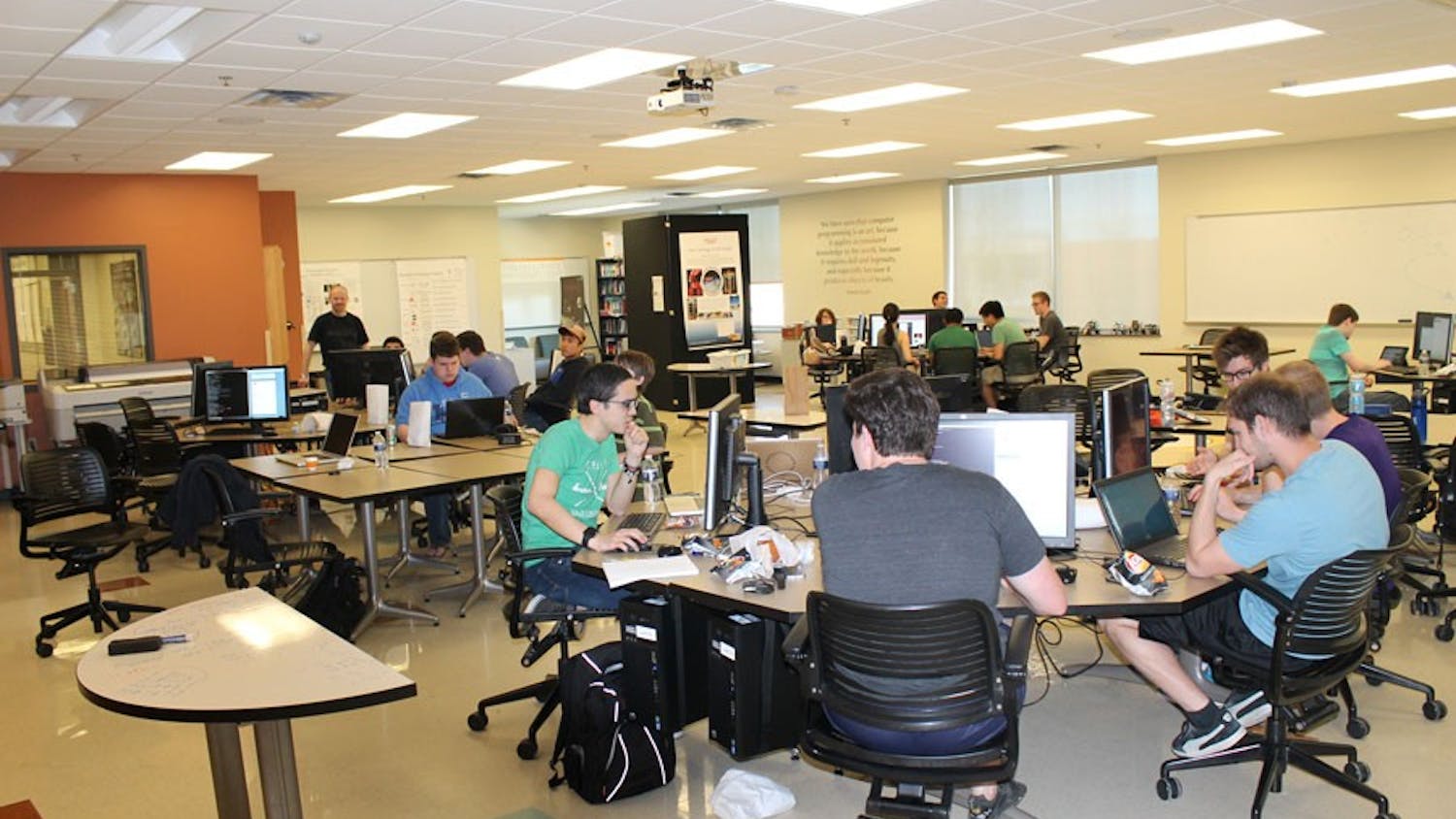Katelyn S. Irons | Echo
Microsoft will buy Nokia for $7.2 billion in the first quarter of 2014, assuming it receives approval from Nokia shareholders and government regulators.
"Microsoft will purchase substantially all of Nokia's Devices & Services business, license Nokia's patents, and license and use Nokia's mapping services," the company's Sept. 3 statement said.
Some are hesitant about the deal, and the news has spurred multiple commentaries, including the CBS MoneyWatch report, "Why the Microsoft-Nokia merger is doomed." The report points out that both Nokia and Microsoft have been declining in the smartphone industry, with Microsoft's OS controlling only 3.5 percent of the market.
Whoa! Microsoft is buying Nokia for $7.1 billion. http://t.co/tbbw5QBRBT- David Pogue (@Pogue) September 3, 2013
@Pogue Neither one wants to die alone.- john gonder (@packetlevel) September 3, 2013
The companies believe the merger will be beneficial. Microsoft is counting on combining strength and synergy with Nokia, its biggest Windows Phone manufacturer, according to Engadget.
"Bringing these great teams together will accelerate Microsoft's share and profits in phones, and strengthen the overall opportunities for both Microsoft and our partners across our entire family of devices and services," said Microsoft CEO Steve Ballmer.
This is not a new partnership between the two companies, but now they want to be more deliberate about their collaboration. Nokia CEO Stephen Elop will be stepping into a new position at Microsoft as "Nokia Executive Vice President of Devices & Services," according to TechCrunch. And he is said to be in the running to be the new CEO of Microsoft when Ballmer retires.
Along with being able to use Nokia branding on Microsoft products, Nokia will be focusing its development on its mapping platform, building LTE networks and continuing to explore "new business opportunities," according to Engadget.
"This is something huge for reliability and for public relations," said Jonathan Geisler, Taylor computer science professor. A dedicated Linux user and programmer, Geisler thinks the Microsoft-Nokia merger is at least a step in the right direction for Microsoft.
"When you're in a Window's world, commodities are always driven by cost and cost is a major concern for consumers," Geisler said. "The way that you reduce cost with these parts is sometimes with quality . . . As much as I'm not a big fan of Microsoft, (it) gets sometimes blamed unfairly for the hardware that consumers use."





